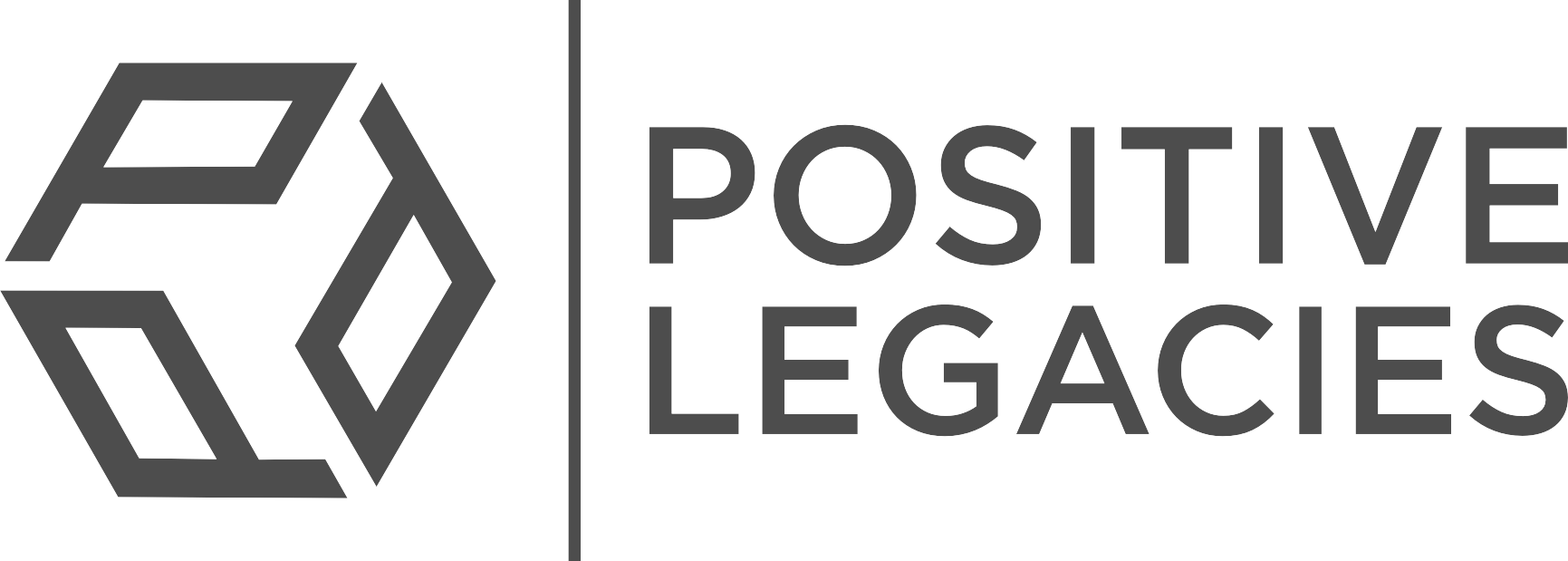Make Your New Year’s Resolution Achievable

SARAH SCHIMSCHAL
As each new year approaches, many of us think about what we want to start, stop or do differently. We may want to show more compassion, make healthy food choices or build positive relationships to improve our health and wellbeing.
Why Are Temporal Landmarks Important?
Although we can commit to changing our behaviour anytime, we usually select the start of a week, month or year. Researchers suggest this is linked to perceived barriers and the expectation of success. For instance, if we select a goal that is challenging and highly desirable (like eating well), kicking things off on a Monday will likely be more appealing than any other day of the week.
Hitting the Reset Button
Another reason why we prefer temporal landmarks is a new time period provides an opportunity to ‘hit the reset button’ on past failures and get a ‘fresh start’. Unfortunately, the downside to this approach is we can very easily find ourselves hitting the reset button every Monday!
Further, with each failed attempt we get better at justifying to ourselves and others why we reverted to earlier behaviours. On the flipside, failure can provide helpful insights, including the type of goals that work for you and your capacity to stay motivated.


“It’s fine to celebrate success, but it is more important to heed the lessons of failure.”
Bill Gates

Approach and Avoidance Goals
Approach goals take you toward desired outcomes. Conversely, avoidance goals take you away from undesirable outcomes. To illustrate, below is a goal to eat well written as: (1) an approach goal, and (2) as an avoidance goal.
1. Make healthy food choices every day
2. Avoid foods high in saturated fat every day
Studies have shown that the way we choose to frame our goals can impact our wellbeing. Approach goals are linked to numerous positive processes and outcomes, and conducive to wellbeing, whereas avoidance goals are linked to a host of negative processes and outcomes, and diminish wellbeing.
However, that is not to say we should steer clear of avoidance goals. Both goals are important as approach goals enable growth and wellbeing and avoidance goals facilitate protection and survival. The trick is to frame our goals in a way that helps us to stay motivated.
Staying Motivated
We are more likely to procrastinate about things we need to do but don’t want to do. In my next blog post, I’m going to explore barriers to goal achievement in more detail. In the meantime here are a few tips to help you set goals that you’re more likely to stick to:
1. Identify actions or behaviours that will provide enjoyment and satisfaction
2. Set realistic approach goals that don’t stretch you too far
3. Connect with others so that you can give and receive support

“There are no secrets to success. It is the result of preparation, hard work, and learning from failure.”
Colin Powell



